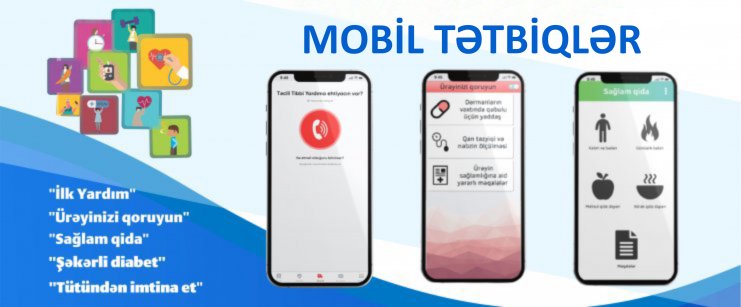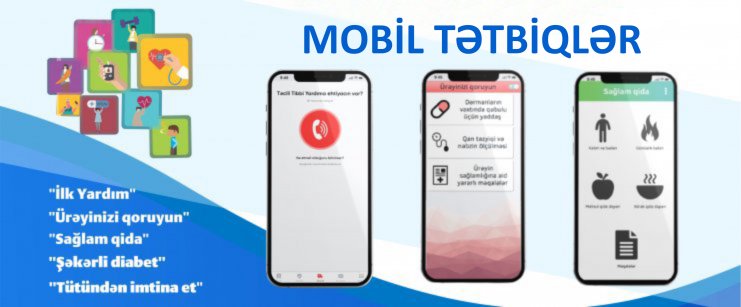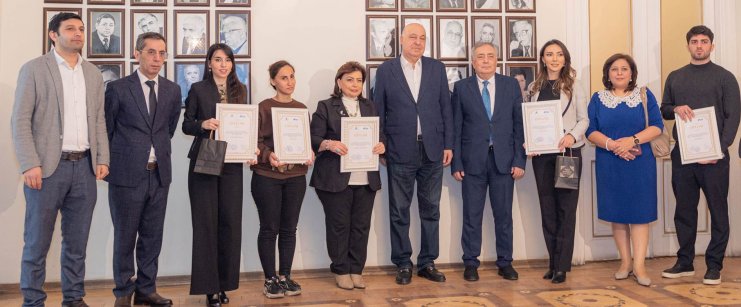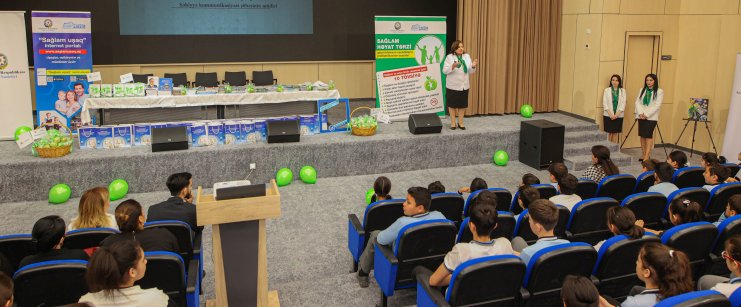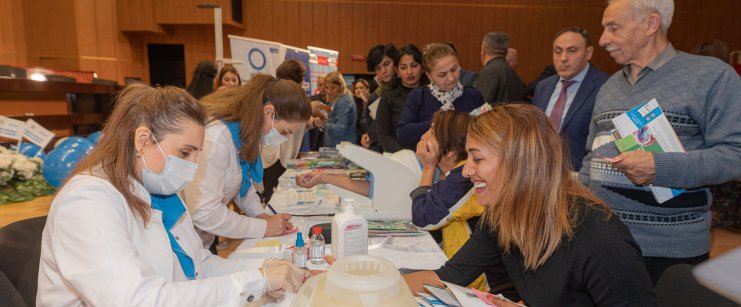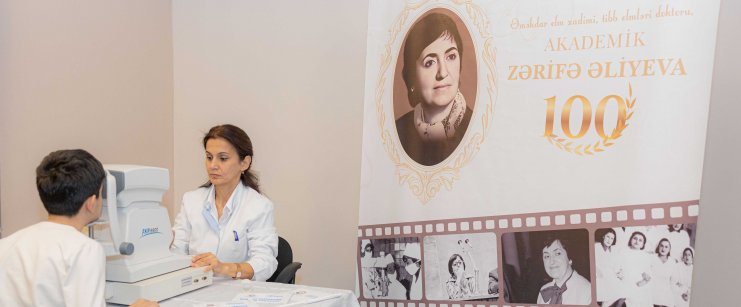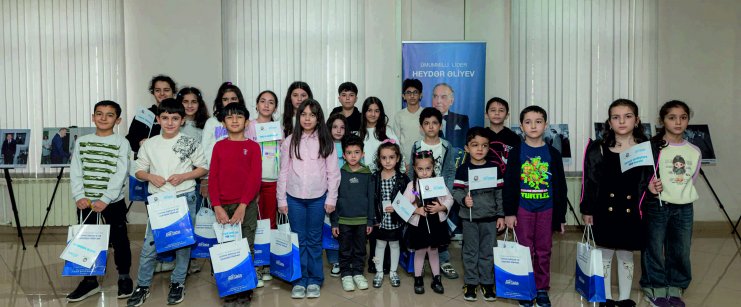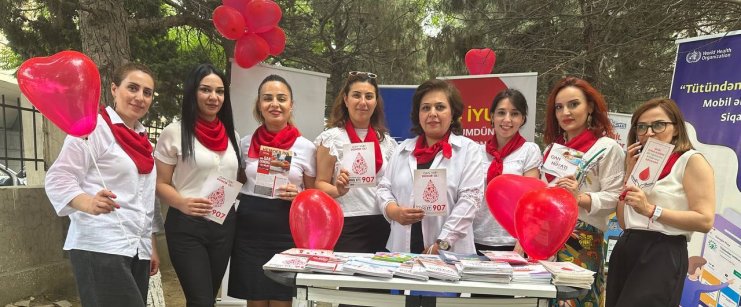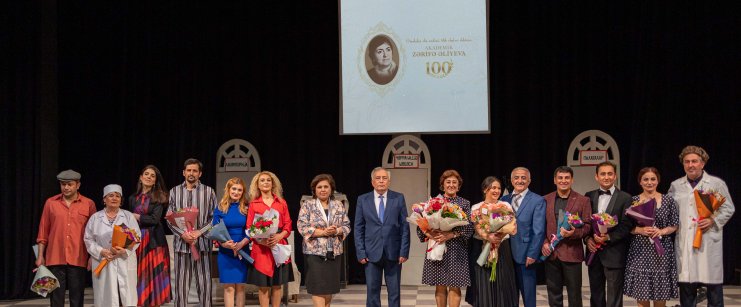6 DECEMBER 2019
A seminar was held on the issues of improving the implementation of the control policy based on the evidence of alcoholic drinks
On December 4-5, 2019, a seminar on the issues of improving the implementation of the control policy based on the evidence of alcoholic drinks was held in Moscow, the Russian Federation organized by the World Health Organization (WHO) European Regional Office.
The purpose of the seminar held with the participation of the representatives of WHO European region countries was to review the issues related to sale, marketing and advertising of alcoholic drinks, prevent drunk driving, strengthen legislation to reduce the availability of alcoholic drinks, increase taxes and take responsive measures discussing the existing problems.
The seminar was attended by Rahib Mammadov, Deputy Director of Public Health and Reforms Centre of the Ministry of Health and Tofig Musayev, Head of Population Health Department. Tofig Musayev made a presentation on the topic of implementation of alcohol control policy in Azerbaijan and provided statistics on alcoholic drinks in our country and gave detailed information on measures taken to prevent bad habits.
It was noted at the seminar that per capita alcohol consumption in WHO European region countries remains high (9.8 litres of pure alcohol per year). Diseases and deaths related to alcoholic drinks are manifested globally in the region. Thus, 10.1% of all deaths are caused by alcohol. At the seminar, it was noted that the most disturbing aspect is that young people in European countries suffer from the diseases caused by the effect of alcoholic drinks: Every fourth death among young people in the 20-24 age group is caused as a result of alcohol consumption. Statistics of the situation related to the alcoholic drinks in WHO European region shows that Belarus, Moldova, the Russian Federation and Ukraine account for the largest percentage of deaths caused by the alcoholic drinks. On the other hand, alcohol-related deaths are on the rise in the Caucasian and Central Asian countries.
On the last day of the seminar, group discussions and exchange of experience were held among the participants, and relevant materials reflecting the future plans were provided.
You can see the photos from the event here.
